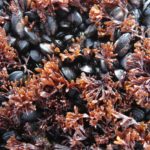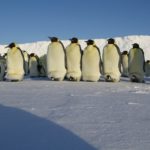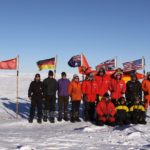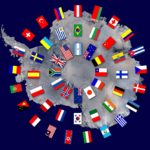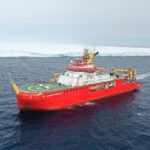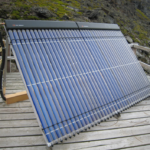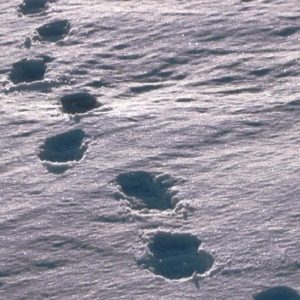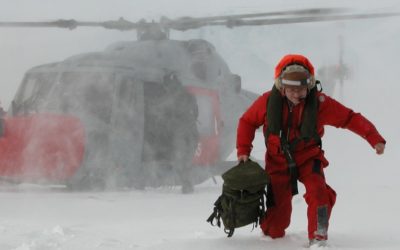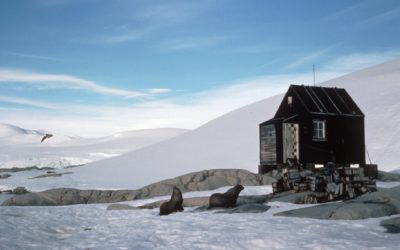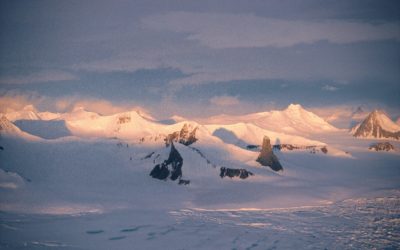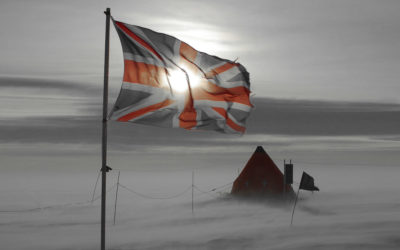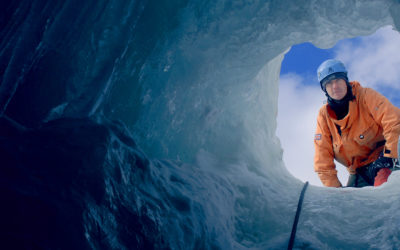The Environment Office coordinates and monitors environmental activities on BAS stations and ships and at its headquarters in Cambridge to ensure minimum environmental impact.
Our responsibilities
- Developing and implementing BAS environmental policy
- Coordinating the Environmental Management System, registered to ISO14001
- Meeting the requirements of the Protocol on Environmental Protection to the Antarctic Treaty (1998) and the Antarctic Act (1994)
- Carrying out Environmental Impact Assessments for all projects south
- Protecting and conserving historic BAS stations
- Preparing a Quarterly Environmental Report
- Organising the safe and proper disposal of waste
- Managing oil spill response and contingency planning
The day-to-day responsibility for environmental and waste management in the Antarctic lies with the Station Leaders, Ship Captains and Lead Field Guides, but Environment Office staff spend at least part of each summer field season in the Antarctic undertaking environmental inspections or audits of BAS research stations and vessels, as well as leading environmental projects, such as the clean-up of abandoned facilities.

